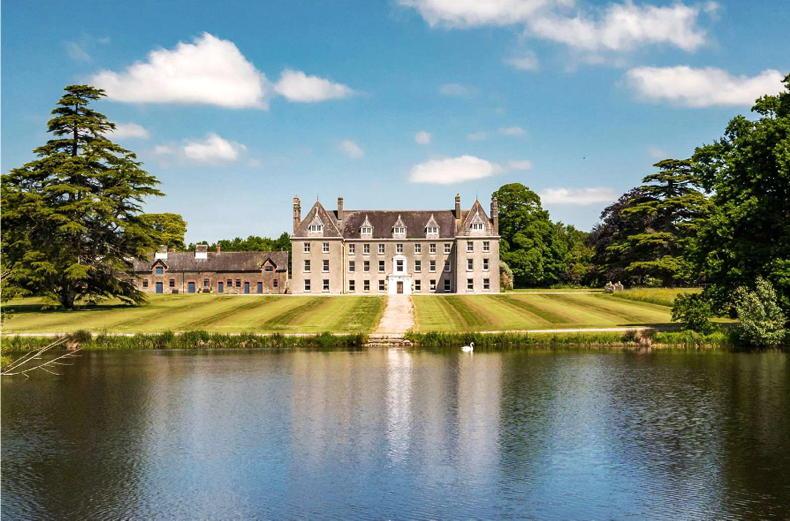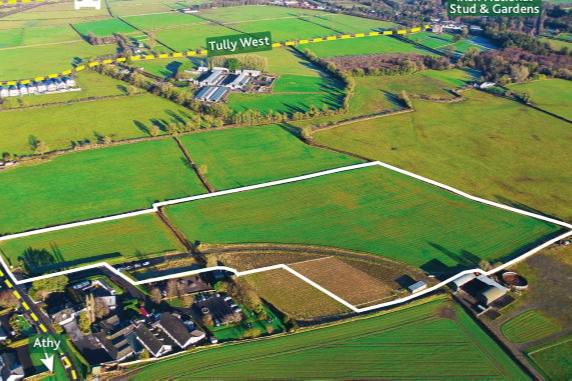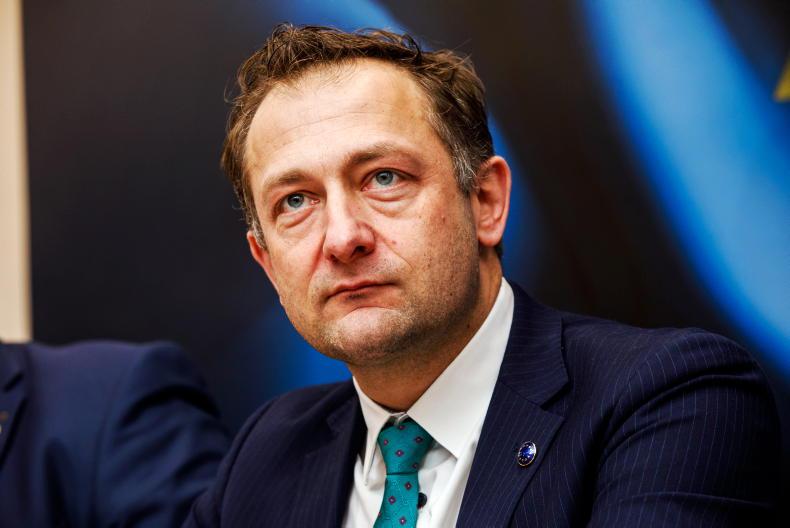Ireland’s former early retirement scheme was not appropriately designed to meet the specific needs and concerns of older farmers, the European Commission has said.
In its evaluation of a report on generational renewal and CAP measures, the Commission said this was because the scheme required the older farmer to completely cease farming activities and involvement in the farm.
Older farmers may be unwilling to sell land and the CAP tends to slow down land release, the Commission said.
In several case studies, including Ireland, beneficiaries and some government officials stated that farmers use direct payments as a form of income support in retirement.
“This increases older farmers’ reluctance to make the land available to younger farmers (although share-farming might provide such an opportunity),” it said.
Failure of early retirement
In its evaluation, the Commission said that changes to Pillar I aid (direct payments) do not encourage older farmers to release land.
“There are strong cultural barriers to releasing land, no alternatives to selling, and therefore very low rates of transfer.
“This explains why the former early-retirement scheme failed,” it said.
Providing financial support alone to young farmers does not free up the land market for them and generational renewal measures appear to only play a modest role in allowing young farmers to access land, the report’s authors found.
Young farmers
The Commission said that support provides funding to assist with general costs for young farmers setting up their farms for the first time, but is “insufficient on its own” to address barriers.
“This is because either those barriers are non-financial (e.g where very little land is available on the market) or the support on its own does not unlock access to the capital that may be needed for young farmers to start out in farming,” it said.









SHARING OPTIONS